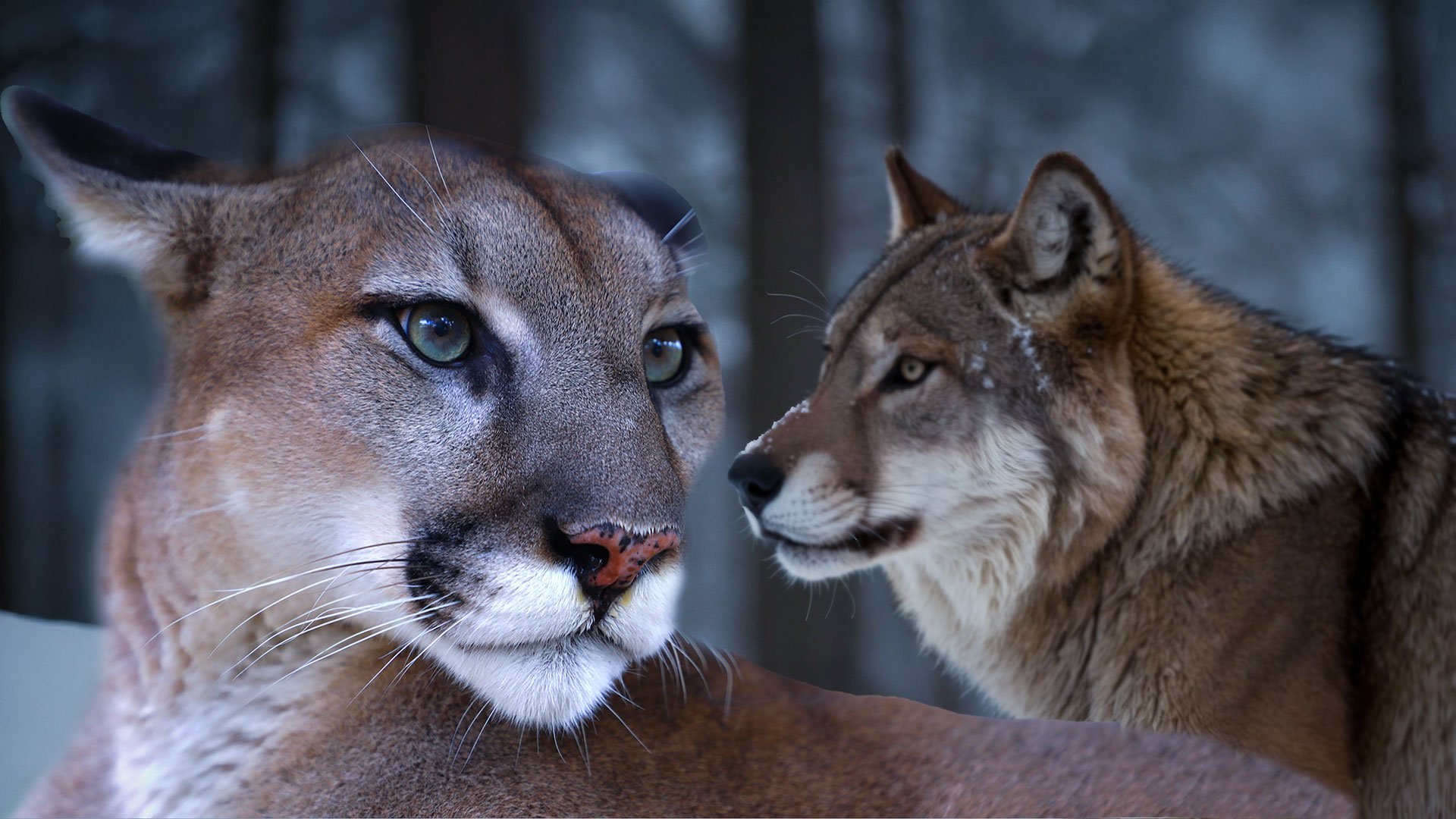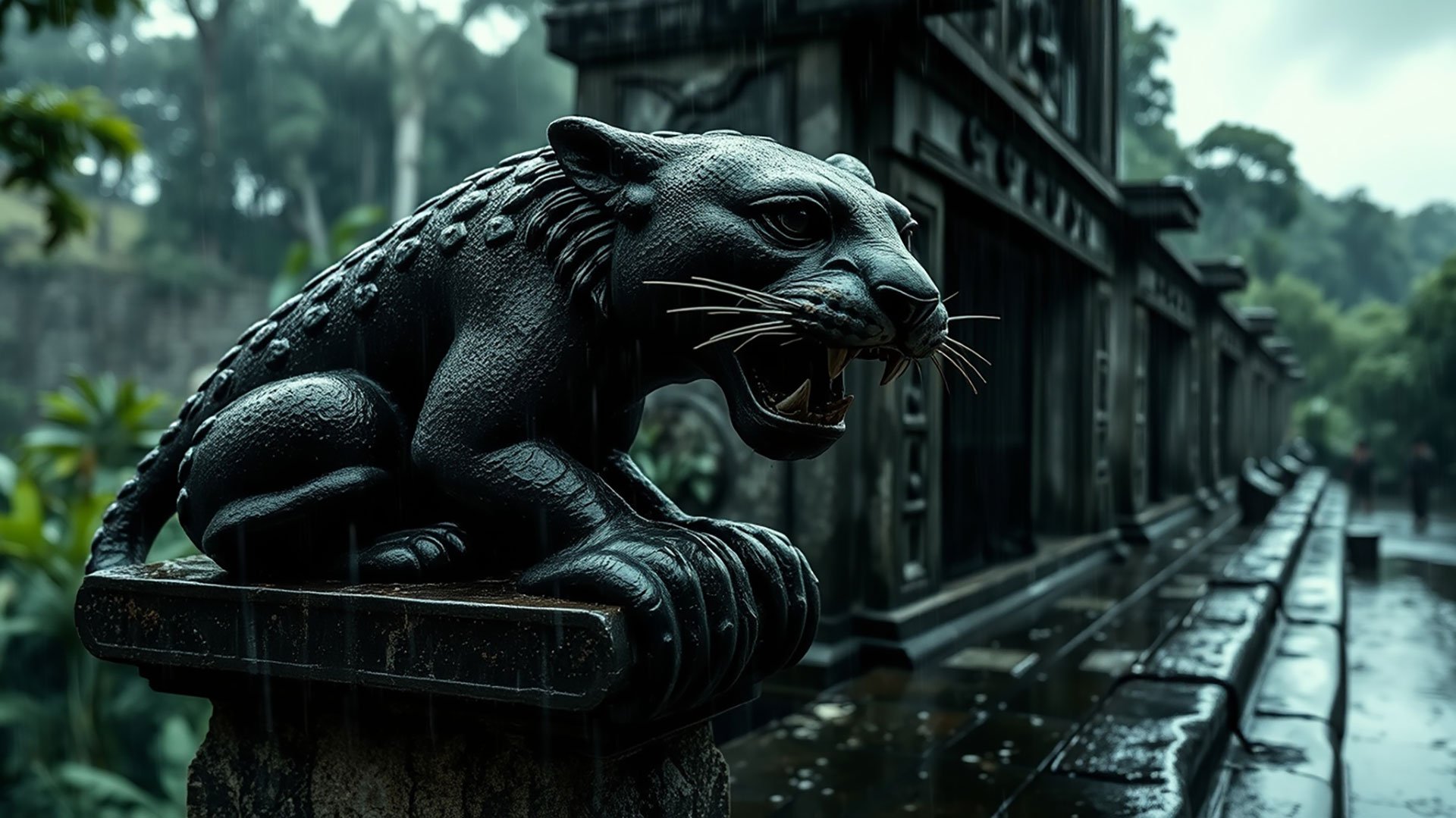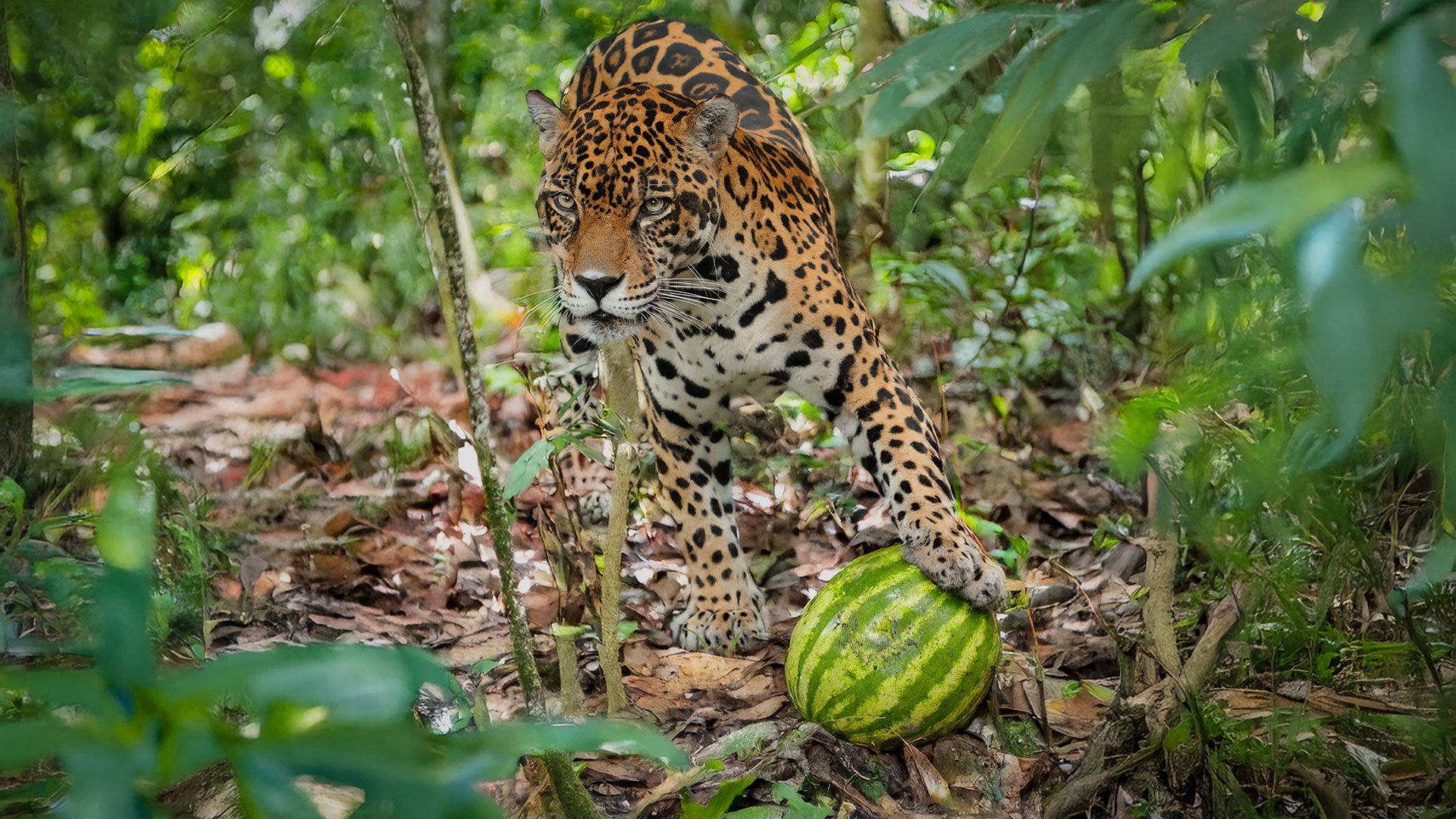Guardians of the Pantanal: How Jaguars Protect Ecosystems and Human Health
Jaguar Drinking from a Pond
The Pantanal, the world's largest tropical wetland located in Brazil, is home to a rich tapestry of wildlife. Among its most iconic inhabitants is the jaguar, a majestic predator that plays a pivotal role in maintaining the health of this unique ecosystem. Recent research has unveiled a surprising connection between jaguars and public health, highlighting the intricate balance of nature and the unforeseen benefits of wildlife conservation.
Jaguars: Nature's Unseen Health Allies
In a recent study, scientists analyzing jaguar feces in the Pantanal made a startling discovery: the presence of a particular tapeworm. While these parasites coexist harmlessly within jaguars, their larvae can pose significant health risks to humans if transmitted through intermediate hosts like feral hogs or contaminated water sources. This finding underscores an unexpected advantage of preserving jaguar populations: by preying on animals that harbor harmful parasites, jaguars help regulate potential disease vectors, thereby safeguarding local communities.
The Ecological Significance of Jaguars
Beyond their role in controlling parasite-carrying prey, jaguars are apex predators essential for the ecological balance of the Pantanal. Their hunting activities help maintain healthy populations of various species, preventing overgrazing and preserving the vegetation that supports countless other organisms. This balance ensures the resilience and functionality of the ecosystem, which in turn provides vital services such as water purification, carbon storage, and resources for local livelihoods.
Challenges Facing Jaguar Conservation
Despite their ecological importance, jaguars face numerous threats. Habitat loss due to deforestation, conflicts with livestock ranchers, and the impacts of climate change, including increased frequency of wildfires, pose significant challenges to their survival. In 2024, devastating fires ravaged large portions of the Pantanal, yet observations indicated that jaguar populations, particularly females and cubs, showed resilience in certain protected areas. This adaptability highlights the importance of safeguarding critical habitats to ensure the continued survival of these magnificent creatures.
Community-Based Conservation Efforts
Innovative strategies are being implemented to promote coexistence between jaguars and local communities. For instance, the installation of electric fencing around calving areas has led to a significant reduction in jaguar attacks on livestock. Educational workshops aim to inform ranchers about the benefits of jaguars and teach safe practices, such as proper preparation of wild game meat and filtration of natural water sources. These initiatives have yielded promising results, fostering a more harmonious relationship between humans and wildlife.
The Call to Action: Supporting Conservation
The revelations from recent studies serve as a compelling reminder of the interconnectedness between wildlife and human health. By supporting conservation efforts, we not only protect the biodiversity of regions like the Pantanal but also enhance the well-being of local communities and the planet as a whole. Organizations like Big Cat Rescue are at the forefront of these initiatives, working tirelessly to preserve big cat populations and their habitats.
How You Can Make a Difference
Donate: Contributions to conservation organizations fund critical research, habitat preservation, and community education programs.
Educate Yourself and Others: Understanding the role of predators like jaguars in ecosystems can inspire more people to support conservation efforts.
Promote Sustainable Practices: Advocate for and engage in practices that reduce habitat destruction, such as supporting sustainable agriculture and responsible land use.
Support Policies Protecting Wildlife: Encourage and back legislation aimed at preserving natural habitats and protecting endangered species.
By embracing these actions, we contribute to a future where humans and wildlife coexist in harmony, ensuring the health of our planet for generations to come.
https://www.thecooldown.com/outdoors/jaguars-parasites-brazil-pantanal/













